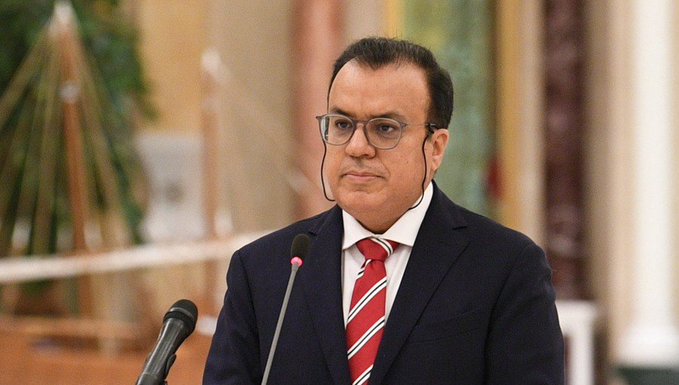28/09/2022
28/09/2022
KUWAIT CITY, Sept 28: Minister of Health, Dr. Khaled Al- Saeed, said Kuwait is a pioneer in kidney transplant surgery, and there are signs of developing other types of transplants, including liver and heart, reports Al-Rai daily. In a press statement on the sidelines of the celebrations of the World Heart Day, organized by the Kuwait Heart Association in cooperation with the Sabah Al-Ahmad Heart Center, Dr Al- Saeed added two types of transplant are happening, including organ transplant and bone marrow transplant, and explained the second type is available in Kuwait at the National Bank Hospital, specifically for children.

He went on to say the health sector in Kuwait has witnessed a remarkable development in recent years, specifically in the treatment of heart diseases, including the immediate catheterization that is installed within the first hour of a heart attack, which achieved impressive results for these cases. He explained that this type of catheter was not available in the past, but it was used in only one hospital and is currently available in four hospitals, indicating that it will soon be available in all hospitals and this is part of the development. He stated that diagnostic catheters and stents are available in most hospitals, indicating that the development of heart disease treatment in Kuwait was accompanied by an increase in the number of consultant and qualified doctors with the highest scientific degrees, who are leading this revolution in treating heart disease.
Dr Al-Saeed pointed to the high rates of diabetes in Kuwait due to the unhealthy lifestyle and lifestyle, indicating that this disease is accompanied by high rates of heart diseases and cholesterol. He praised the efforts of the Kuwait Heart Association for continuing to support the development of heart disease treatment in the public and private sector hospitals.
Meanwhile, the President of the Kuwait Heart Association, Talal Al-Bahar, expressed his pride in partnering with the Ministry of Health to implement the life-saving and medical pulmonary resuscitation training program, as well as its keenness on the participation of countries around the world in celebrating World Heart Day.
The new strategy of the Ministry of Health consists of 24 pillars to improve health services in line with the ‘New Kuwait 2035’ vision; the most important of which are the establishment of integrated hospitals, limiting the recruitment of medical staff from abroad, regulating overseas treatment and decentralization, reports Al-Rai daily quoting sources from the health sector.
Sources pointed out the most important features of the strategy became clear after marathon meetings among those concerned with health affairs; such as the full implementation of the new organizational structure of the ministry, and hiring foreign medical staff only if they have rare specializations like organ transplantation and vascular surgery.
Sources said the strategy also aims to support young and competent nationals, pump fresh blood into supervisory and leadership positions, refer employees with 35 years of service for retirement, and complete the transition from centralization to decentralization in the provision of health services that the ministry has started.
Sources explained this decentralization will be the basis for restructuring the ministry, and privatizing some sectors like hospitals and medical centers. Sources confirmed the ministry is gearing towards the adoption of integrated hospital models and use the Jaber Hospital model to modernize health facilities, while continuing to develop services offered by primary health care centers and expand the specialized clinics.
Sources went on to say that overseas treatment will be limited to rare diseases whose treatment is not available in the country; hence, the ministry will review regulations for treatment abroad. Sources added the ministry will complete and develop digital transformation programs, create an integrated information system, and strengthen interdependence and integration between the public and private health sectors to meet the increasing demand.


